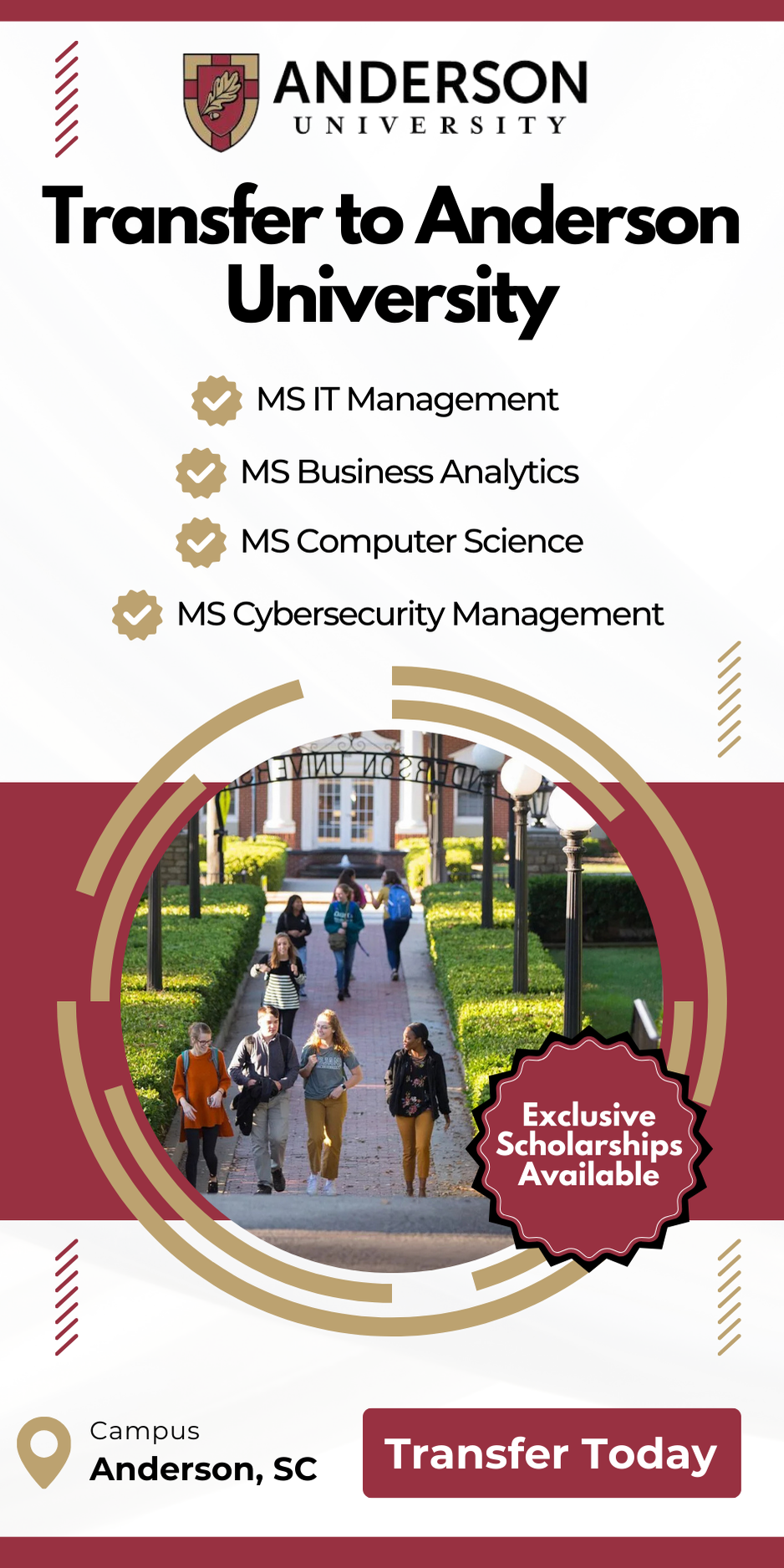Overview
Recent changes in U.S. immigration policies have raised concerns about the eligibility of Master of Business Administration (MBA) degrees for H-1B visa applications. The U.S. Citizenship and Immigration Services (USCIS) has redefined “specialty occupation” to require that a candidate’s degree be directly related to the job duties. This shift suggests that general MBA degrees may no longer suffice for H-1B sponsorship, as they might be deemed too broad or non-specific.
Implications for Employers and MBA Graduates
Employers seeking to hire foreign workers under the H-1B program face increased financial and administrative challenges. The proposed regulations introduce higher fees for H-1B visa extensions and impose additional costs on companies with a significant proportion of H-1B or L-1 visa employees. These changes discourage dependency on foreign labor, particularly affecting industries like IT consulting.
For MBA graduates, especially those enrolled in Day 1 Curricular Practical Training (CPT) programs, the new “specialty occupation” criteria present significant hurdles. Demonstrating that a general MBA aligns closely with specific job requirements has become more challenging, potentially increasing Requests for Evidence (RFEs) and H-1B application denials.
Strategies for Navigating the New Landscape
To enhance the prospects of H-1B approval, MBA students and graduates might consider the following approaches:
- Specialize Your MBA: Pursuing an MBA with a concentration in Data Analytics, Healthcare Management, or Information Technology can provide a more explicit link between your education and job duties, aligning with the USCIS’s “specialty occupation” requirements.
- Cap-Exempt Employment: Seek opportunities with institutions exempt from the H-1B cap, such as non-profit organizations, educational institutions, or government research facilities. These employers can sponsor H-1B visas without being subject to the annual cap restrictions.
- Alternative Visa Options: Explore other visa categories, such as the O-1 visa for individuals with extraordinary ability or the L-1 visa for intracompany transferees, which may offer viable pathways depending on your circumstances.
Conclusion
The evolving H-1B visa regulations require MBA students and graduates to proactively adapt their educational and career strategies. By aligning academic pursuits with specialized fields and exploring alternative visa options, individuals can better position themselves for successful employment in the United States.
People Also Ask (PAA)
- Is an MBA considered a specialty occupation for H-1B?
- Under recent USCIS guidelines, a general MBA may not meet the “specialty occupation” criteria unless it includes a specific concentration directly related to the job duties.
- What MBA specializations are favorable for H-1B visas?
- Specializations in Data Analytics, Healthcare Management, Information Technology, and Financial Management are more likely to align with H-1B specialty occupation requirements.
- Can MBA graduates apply for cap-exempt H-1B visas?
- Yes, MBA graduates employed by cap-exempt organizations such as non-profits, educational institutions, or government research entities can apply for H-1B visas not subject to the annual cap.
- What are the alternative visa options for MBA graduates if H-1B is not viable?
- Depending on individual qualifications and employment circumstances, alternatives include the O-1 visa for individuals with extraordinary ability and the L-1 visa for intracompany transferees.
- How can MBA students enhance their H-1B visa approval chances?
- Specializing in a field directly related to specific job roles, gaining relevant work experience, and ensuring the job offer aligns with the degree specialization can improve approval prospects.
- Are there increased fees for employers hiring H-1B visa holders?
- Proposed regulations suggest higher fees for H-1B visa extensions and additional costs for companies with a high ratio of H-1B or L-1 employees.
- What challenges do general MBA holders face under new H-1B regulations?
- General MBA holders may struggle to meet the “specialty occupation” criteria, leading to potential increases in RFEs and application denials.
- Is work experience necessary for H-1B eligibility with an MBA?
- Yes, relevant work experience can strengthen the H-1B application by demonstrating the practical application of specialized knowledge.
- Can MBA students use Day 1 CPT to gain work experience relevant to H-1B?
- Yes, enrolling in Day 1 CPT programs allows students to gain practical work experience during their studies, which can benefit future H-1B applications.
- How do recent H-1B changes affect international MBA students?
- The changes impose stricter criteria for specialty occupations and increase financial burdens on employers, making it more challenging for international MBA graduates to secure H-1B sponsorship.

